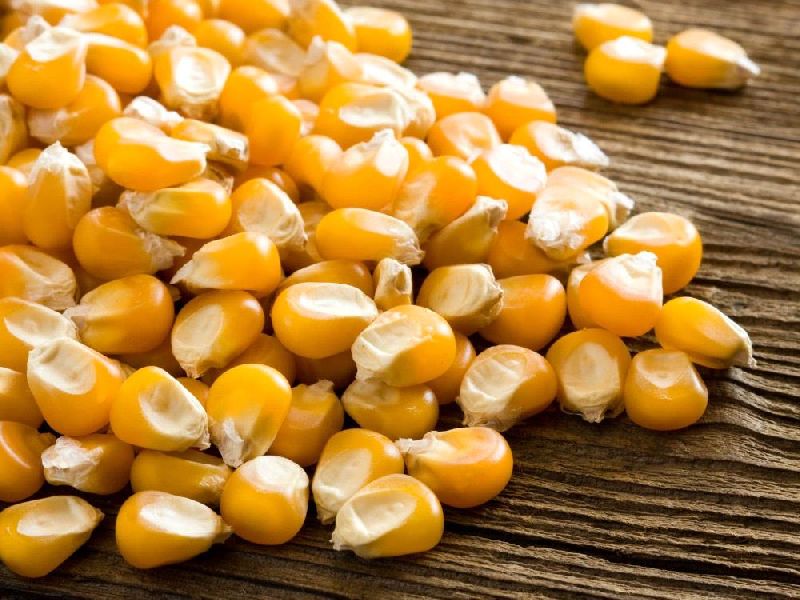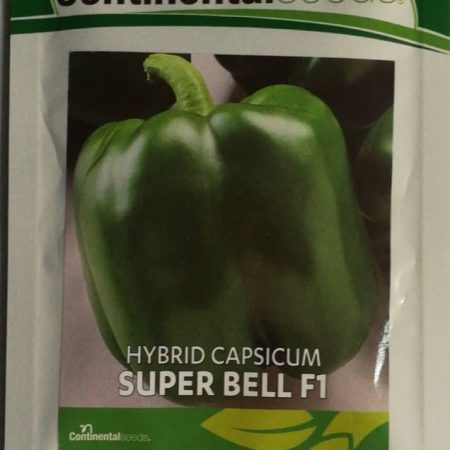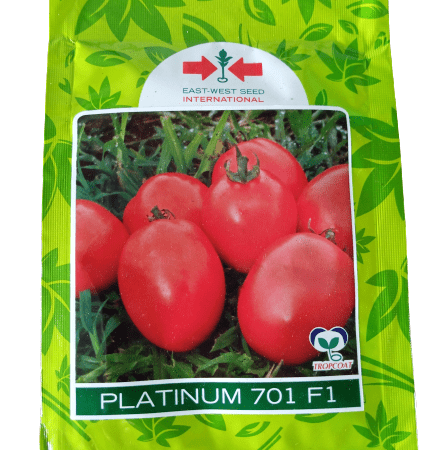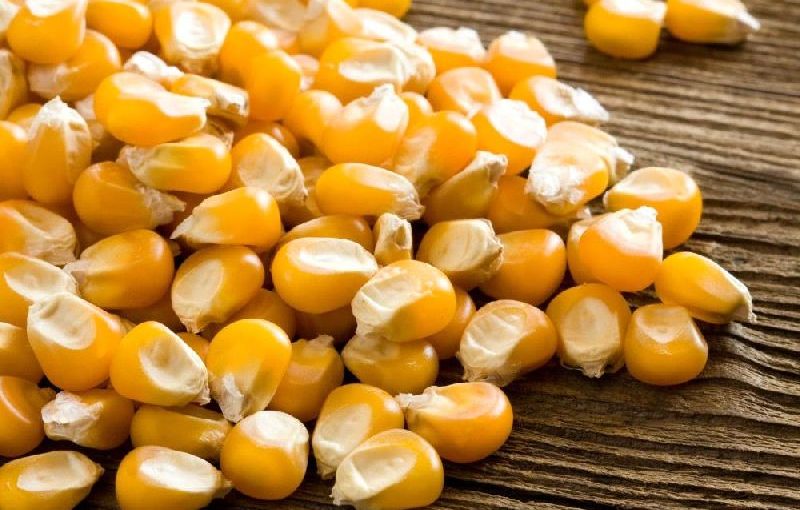Maize seeds | 2 Kg
₦6,000.00
37 people are viewing this product right now
🔥 7 items sold in last 3 hours
Maize is the world’s most elevated provider of calories with the caloric inventory of around 19.5%. It gives a greater number of calories than rice (16.5%) and wheat (15.0%). It is one of the main staple food sources in this present reality.
Maize is likewise the main staple food in Nigeria and it has become a neighborhood ‘cash crop’ most particularly in the southwestern piece of Nigeria where somewhere around 30% of the cropland has been committed to limited scope maize creation under different trimming frameworks.
We are selling maize seeds!
Buy more save more!
Buy from 5 to ∞ items and get 5% OFF
on each productMaize seeds
Maize seeds, Zea Mays, is a yearly yield and an individual from the grass family.
Highlights of Maize seeds
Maize seeds can develop from 4 to 12 feet tall
Brilliant daylight helps development and proliferation
Germination and rise happen at the ideal temperature of 29 to 32°C
Cool-weather patterns make critical pressure development and development
Maize seeds flourish best in all around depleted soils with a pH of 5,8 to 6.8
The seeds require 10 to 14 days to grow at 12-15°C. Also, 5 to 8 days at 18 – 21°C.
Medical advantages of Maize
The high measure of fiber present in corn helps lower cholesterol levels and furthermore decreases the gamble of colon malignant growth.
Corn, assuming that consumed in moderate amounts, has been believed to be useful for those experiencing diabetes.
Being wealthy in folate, corn helps the age of new cells, particularly significant previously and during pregnancy.
Those experiencing weakness have shown beneficial outcomes after consuming corn.
The pantothenic corrosive present in corn helps the physiological elements of the body.
Attributable to the presence of thiamin, maize seeds have been said to help in the digestion of starches.
Corn has been viewed as accommodating in treating kidney issues, including renal brokenness.
Customary utilization of corn, in moderate amounts, has been related to better cardiovascular wellbeing.
The beta-cryptoxanthin in corn makes it great for the well-being of the lungs cryptoxanthin and may try and assist with forestalling cellular breakdown in the lungs.
The insoluble fiber in corn makes it great for those experiencing normal stomach-related illnesses, similar to stoppage and hemorrhoids.
Frequently Asked Questions (FAQs) about Maize Seeds
What are maize seeds?
Maize seeds, also known as Zea Mays, are annual plants belonging to the grass family. They are grown for their kernels, which are used as food for humans and animals.
How tall do maize plants grow?
Maize plants can grow from 4 to 12 feet tall, depending on the variety.
What are the ideal growing conditions for maize seeds?
- Sunlight: Maize seeds require plenty of sunlight for good growth and reproduction.
- Temperature: Germination and growth occur best at temperatures between 29°C and 32°C (84°F and 90°F). Cooler temperatures are beneficial for development and seed formation later in the season.
- Soil: Maize seeds thrive in well-drained soils with a pH between 5.8 and 6.8.
- Germination time: Depending on the temperature, maize seeds can take 10-14 days to germinate at 12-15°C (54-59°F) or 5-8 days at 18-21°C (64-70°F).
What are the health benefits of maize?
The information suggests several potential health benefits associated with maize consumption (in moderation):
- Reduced Cholesterol: The high fiber content may help lower cholesterol levels and potentially reduce the risk of colon cancer.
- Diabetes Management: Corn, in moderate amounts, may be beneficial for those with diabetes.
- Prenatal Health: Rich in folate, corn can support the development of new cells, particularly important during pregnancy.
- Energy Boost: Corn consumption has shown positive results for those experiencing fatigue.
- Improved Digestion: Thiamin in maize seeds may aid in starch digestion.
- Kidney Health: Corn may help manage kidney problems, including kidney failure (consult a doctor for specific advice).
- Cardiovascular Health: Moderate consumption of corn has been linked to improved cardiovascular health.
- Lung Health: Beta-cryptoxanthin in corn may benefit lung health and potentially help prevent lung cell degeneration.
- Digestive Issues: The insoluble fiber in corn can be beneficial for those experiencing digestive issues like constipation and hemorrhoids (consult a doctor for specific advice).
Only logged in customers who have purchased this product may leave a review.
Related products
₦2,200.00


₦1,200.00










Reviews
There are no reviews yet.